On 23 January 2005, Hans Keulards was found dead in a hotel room in Berlin, Germany, after suffering a drug-induced cardiac arrest. He was 38 years old and had suffered from gambling and drug addictions from the age of 15. Following his death, Keulards’ parents, who he owned a shop with in their home city of Geleen, southern Netherlands, chose to hide what they considered a shameful past. “I was loyal towards my parents’ decision,” says Hans’ brother, the photographer Vivian Keulards, “when he died, we told people it was a cardiac arrest, which was true, but we didn’t share the cause”.
Having felt unable to address the addiction that had ended her brother’s life, nine years later, Keulards decided to see a counsellor. “I discovered how the taboo around my brother’s addiction affected me,” says Keulards, explaining how the pressure of secrecy had made her fear the opinions of others. “Talking about painful experiences was a relief. I decided to search for answers, and I wanted to know more about addiction: Why did Hans get addicted? How does it feel? Could I have made a difference in his life?”
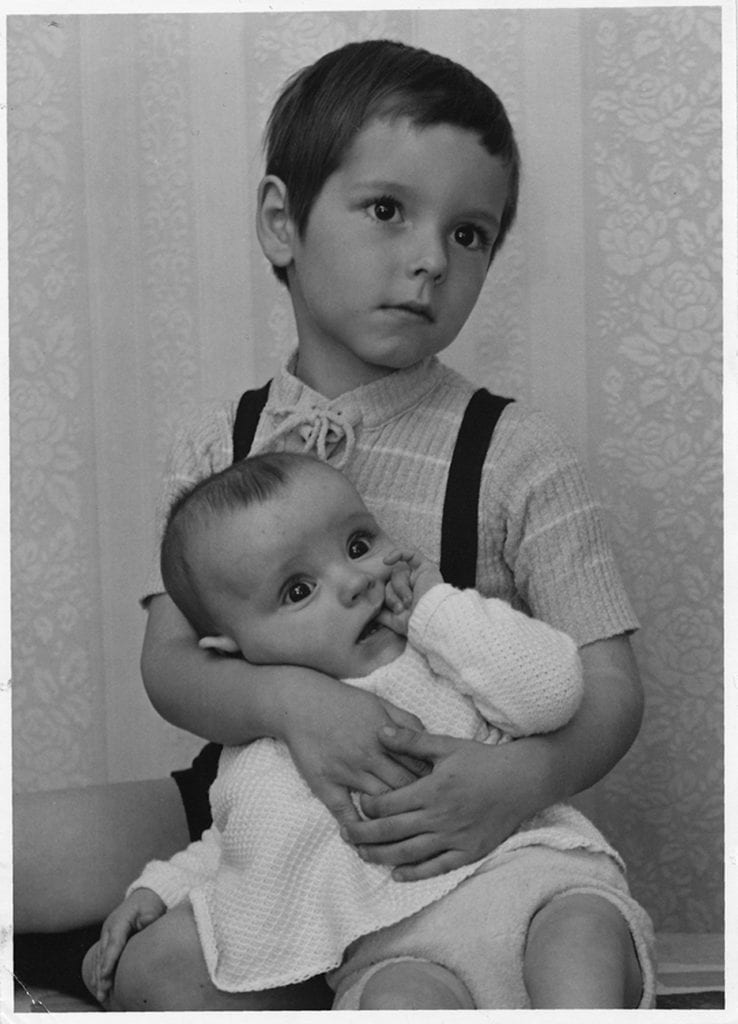
Keulards spent the following years revisiting her brother’s life. “When I think of Hans, I think of how he loved fishing, Chinese food, and horror and science-fiction movies,” she says, “how smart, funny and sharply dressed he was… and how good it felt to have an older and protective brother”. She looked at family archives, from childhood images to his teens, when he became addicted to gambling.
Eventually, she decided to visit the hotel room in Berlin where he died. “I wanted to understand what he felt, and see what he saw,” she says. Keulards also spoke to recovering addicts, who shared their experiences. Some of her questions were answered, but “addiction is complex,” she says, “there isn’t a list that you can tick off to check if somebody is vulnerable to addiction. It sneaks in.”
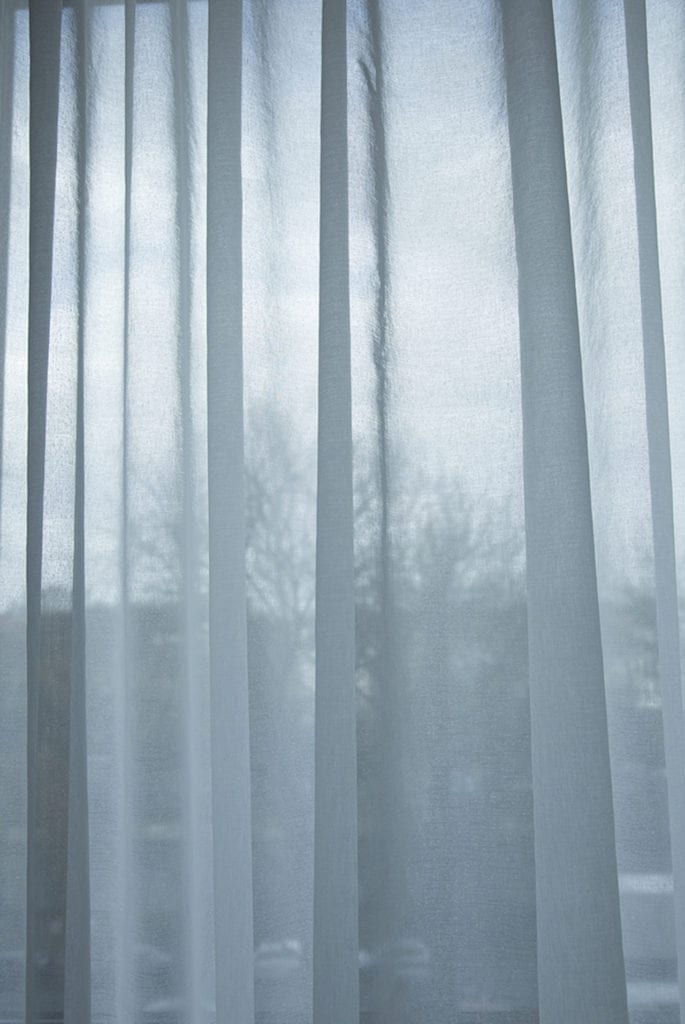
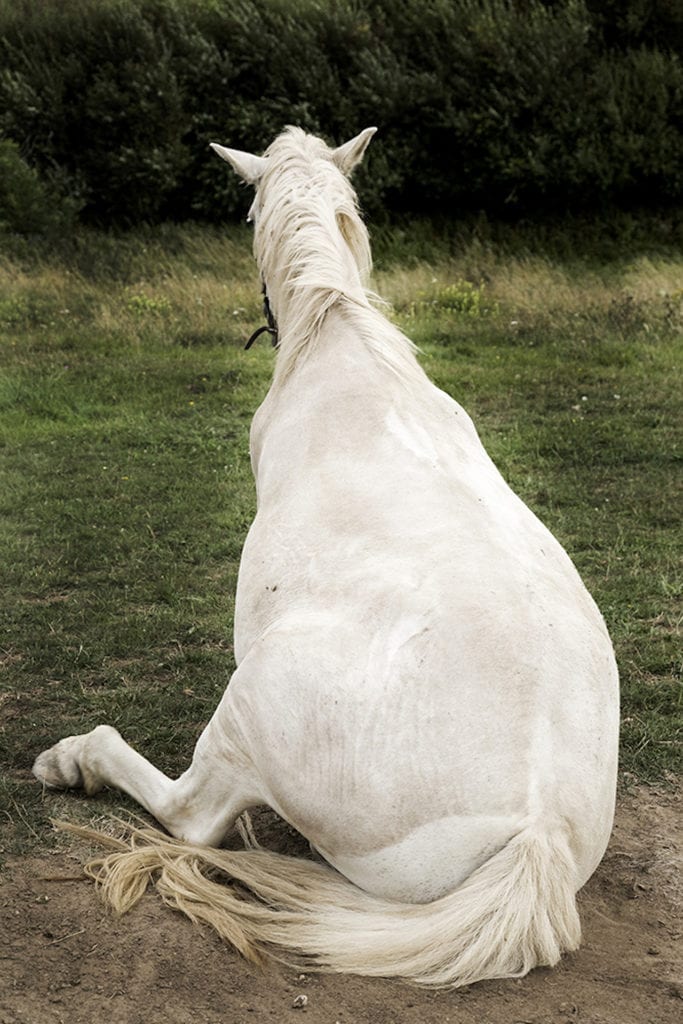
Last year, Keulards addressed her brother’s addiction publicly for the first time, when she announced that she was crowdfunding for a new photobook, To Hans, in the Dutch newspaper NRC. Now, the book is available for the whole world to see, but rather than showing the destructiveness of addiction, it aims to reveal the human behind it.
“There are too many stereotypical images and stories about addiction — I wanted to stay away from that,” she says. There are no needles, track marks, empty bottles, or pills, instead, Keulards shares her side of the story, as a sister, through metaphorical images that visualise the loss, pain, guilt, and loneliness that she felt throughout the years of hiding her brother’s addiction. “But it is also about healing and love,” she continues, “and the feelings I had, the feelings that the recovered addicts shared with me, and maybe Hans’ feelings”.
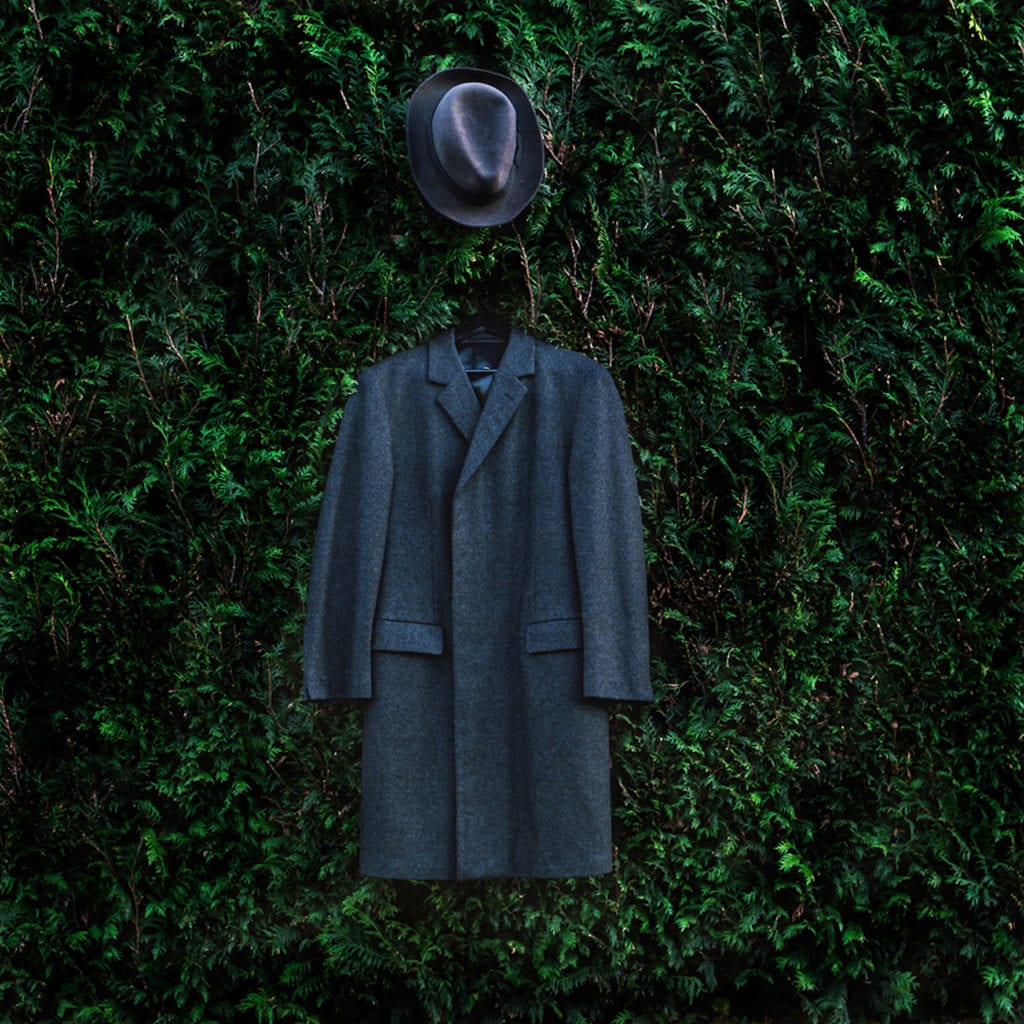
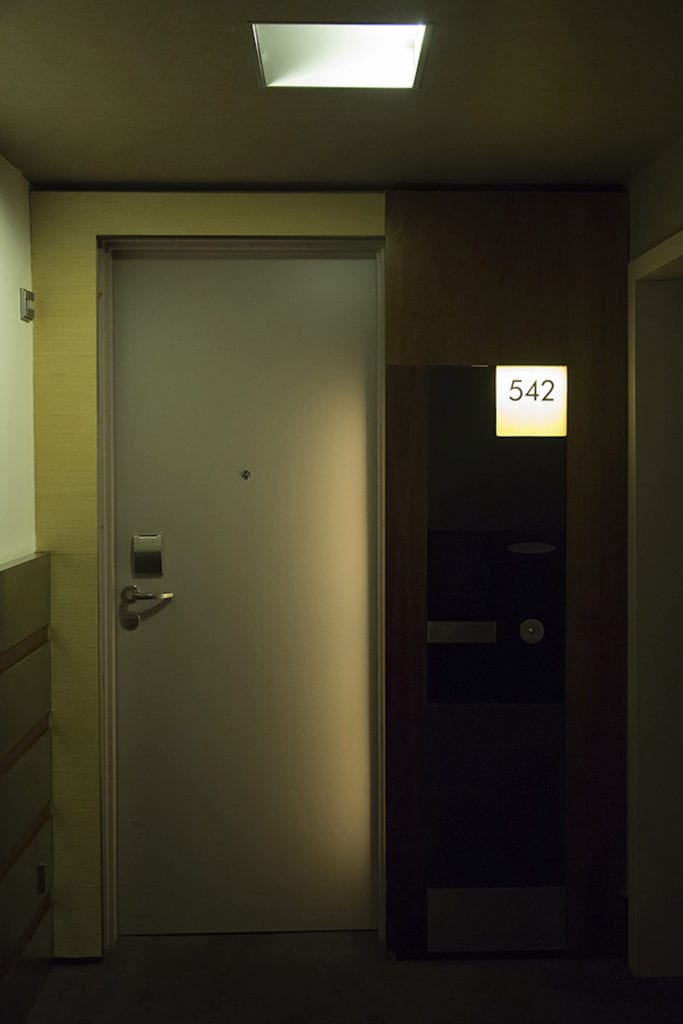
Making the work — looking back at her brother’s past and visiting the site of his death — was painful, but what was more challenging was facing her “worst fears”. After eight years of silence, she felt guilty for speaking out — “like I was disobeying and rejecting my parents,” she says. “If you keep a family secret for eight years and decide to open up in an article in the Dutch newspaper, it scares the shit out of you.”
But now, with the help of the book, Keulards’ parents have been able to come to terms with their son’s past and talk freely about what happened to him. “My parents were relieved,” she says, “but this project isn’t only about sharing the secret of my brother’s addiction. By sharing the truth, I broke our taboo, and I hope to inspire others to do the same.”
To Hans by Vivian Keulards is published by Schilt.
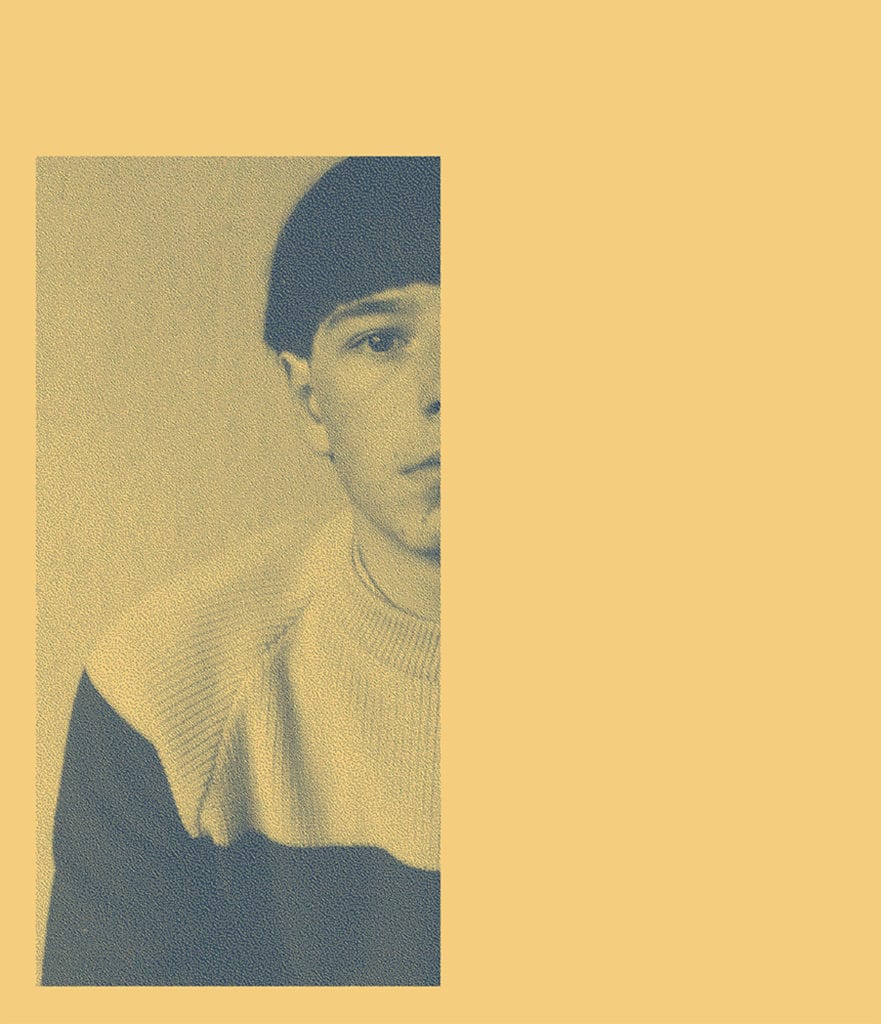
—
